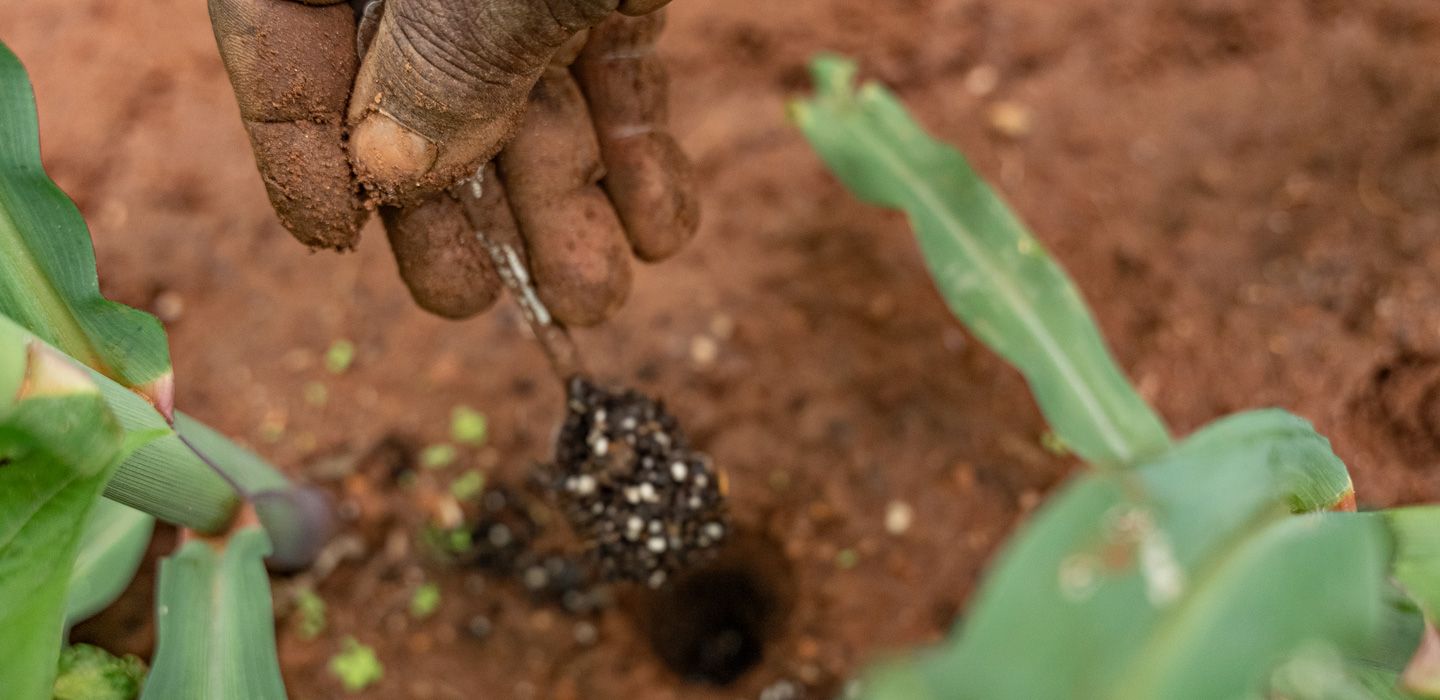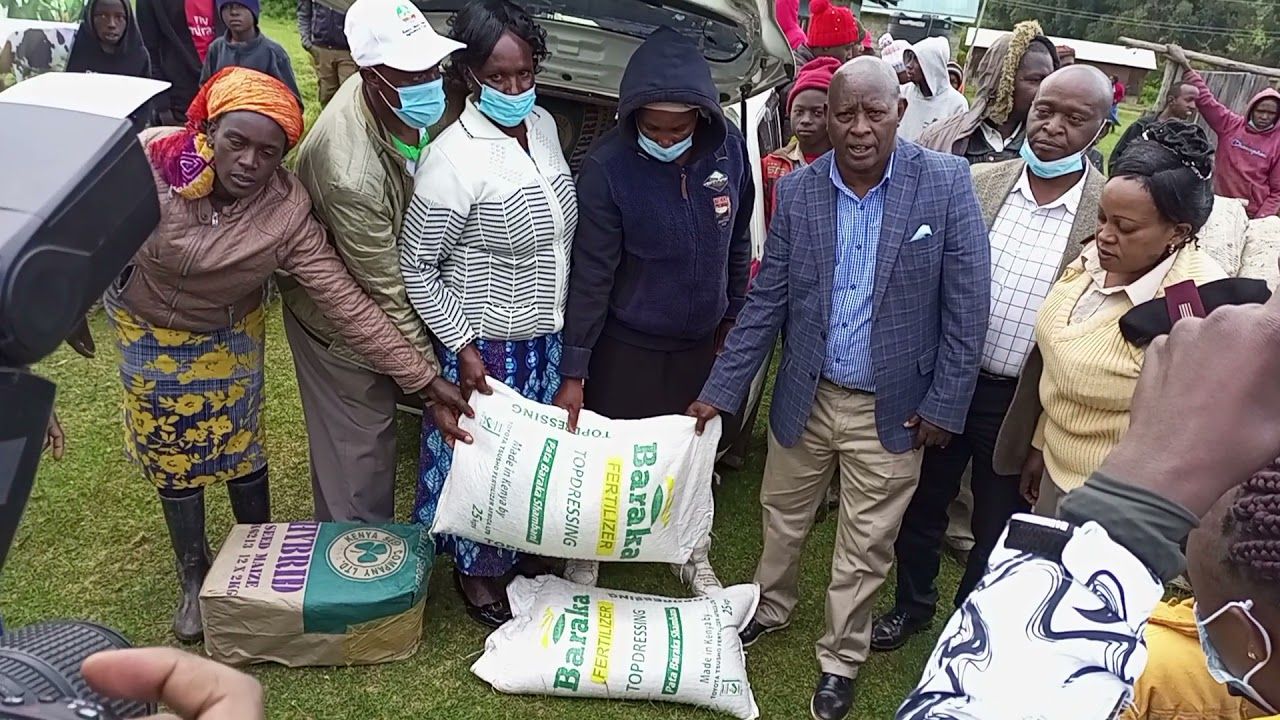Nairobi hosted a major summit on soil health and digital solutions
Farmers are adopting real-time soil testing tools and mobile apps
Over 24 innovations showcased AI, satellite, and bio-based solutions
Universities and counties are working together to scale the tech
Public-private partnerships will fund and expand these tools
The Fight for Soil Starts with Knowing It
Africa has spent years talking about climate change and poor harvests. But there’s been far less talk about the one thing all of it depends on: soil. It’s been overlooked, mismanaged, and degraded to the point where most farmers no longer know how much damage has been done.
That’s starting to change. In Nairobi, a powerful shift happened. The focus moved from awareness to action, from theory to tools, and from speeches to solutions. The Data for Soil Health and Scale Summit wasn’t just a meet-up. It was a turning point.
Over two days, innovators, scientists, county leaders, tech startups, and farmers came together to rethink how African farming can survive—and thrive—using one of the continent’s most underused resources: data.
Soil Degradation Is Draining Livelihoods
In Kenya alone, about two-thirds of the soil is now considered degraded. That means nutrients are gone, acidity levels are rising, and crops can’t grow the way they used to. For farmers, this isn’t an academic issue. It’s the reason they lose money, face food shortages, and are pushed deeper into poverty. The soil doesn’t lie—it just hasn’t been understood.
Many farmers have been operating on guesswork for years. They buy fertilizers blindly, hoping it helps. They try traditional methods that no longer work in today’s climate. As a result, harvests shrink, while costs go up. That guesswork is now being replaced with precision.
Tech That Tells Farmers Exactly What to Do
One of the most talked-about tools at the summit was a mobile-based soil testing kit powered by artificial intelligence. In just 15 minutes, it can tell a farmer what nutrients are missing from their soil and what specific actions they need to take. It doesn’t require a lab or an expert—just a sample, a smartphone, and the app.

This kind of technology is not just helpful—it’s transformational. Farmers who used to throw money at generic fertilizers can now apply exactly what’s needed. In some cases, yields have doubled, and input costs have been cut by half. The future of African farming is being shaped not in big factories but in small farms with smart tools.
Global Ideas, Local Impact
Startups and tech companies from around the world pitched their ideas at the summit. Kenyan firm Antugrow is using AI and satellite images to create detailed soil maps. India’s Varaha is using remote sensing to track soil carbon levels. Italy’s AgWise is offering a decision support tool for managing nutrients crop by crop.
In Uganda, Umuntu Agrobiotics developed a bio-solution that uses microbes to improve yields by up to 40%, while slashing costs by nearly as much. These are not experimental projects. They are working solutions being used on real farms. The challenge now is scale.
Universities Are Training the Next Soil Experts
Several universities, including Kibabii University and the University of Amsterdam, were awarded for their contributions. Their students are doing more than writing research papers—they’re going into the field, testing new technologies, and working directly with farmers.
AgriChain Kenya and Kiduka Research Hub are also helping turn academic research into real-world tools. These institutions are becoming critical players in the soil health movement by connecting research with rural application.
Counties Aren’t Waiting Anymore
County governments are no longer on the sidelines. Leaders like Nyeri Governor Mutahi Kahiga made it clear that counties must take charge if farmers are to benefit from new innovations. They are closest to the people and can move faster than national governments.

Programs are now being rolled out at the local level, where smallholder farmers can access tools and training directly. This is important because most African farmers work on small plots and need quick, affordable solutions—not national plans that never reach them.
Private Investment Will Drive Growth
The summit made it clear that support must come from more than governments. The World Bank, Microsoft, AGRA, and several other organizations are stepping in to provide funding, infrastructure, and technical support. But this isn’t just aid—it’s an investment.
Soil data is becoming an asset. Platforms that help farmers make better decisions are becoming businesses. Investors are beginning to see the value in agricultural data, and the tech sector is responding with solutions tailored for Africa’s unique challenges.
It’s More Than Farming. It’s a Foundation.
Agriculture Secretary Collin Marangu closed the summit with a message that cut through the noise: this is about more than crops. It’s about national security, economic stability, and the ability to feed a growing population.
Healthy soil underpins every part of the food system. Without it, nothing works. With it, everything is possible. The summit didn’t offer silver bullets, but it did provide a roadmap. Now it’s up to African countries to walk it—armed with data, innovation, and the will to act.

0 comments
Be the first one to comment, but before that...
Here are some best practices for writing comments: